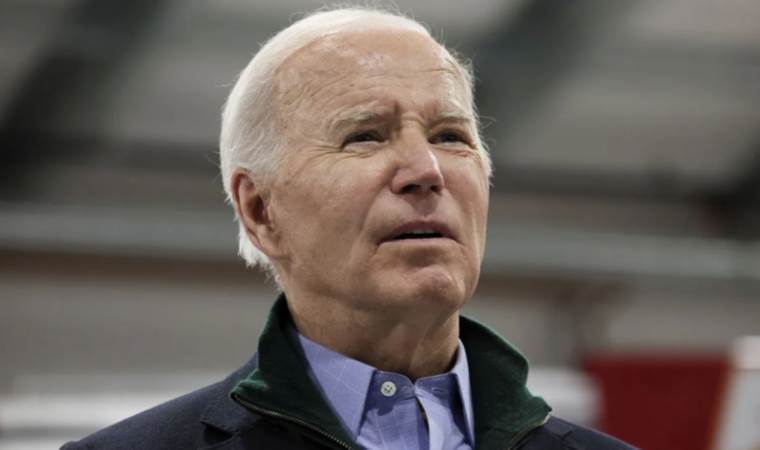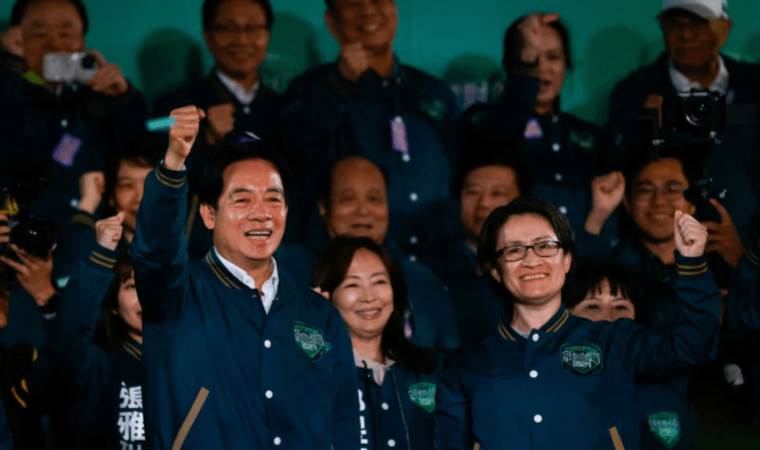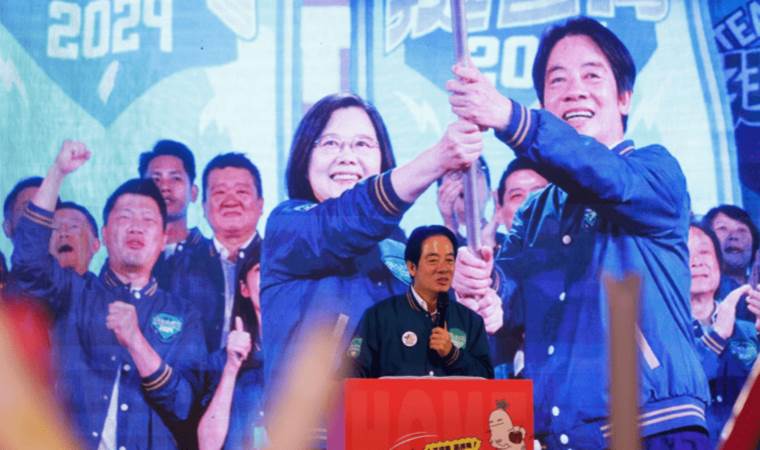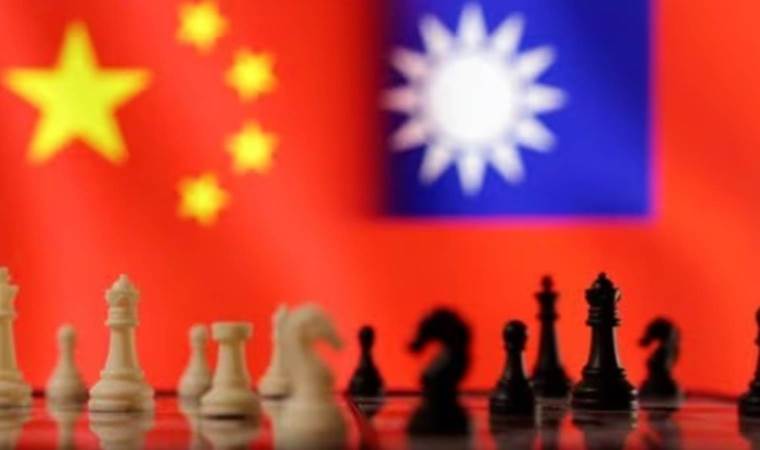Biden reaffirms U.S. stance on Taiwan independence
U.S. President Joe Biden stated on Saturday that the United States does not support Taiwan's independence. This announcement followed the re-election of Taiwan's ruling party, despite China's opposition.

Earlier, the Democratic Progressive Party's candidate Lai Ching-te won the Taiwanese presidency, firmly resisting Chinese pressure and vowing to confront Beijing while seeking dialogue.
"We do not support independence," Biden remarked, responding to queries about Taiwan's election results.
Since shifting diplomatic recognition from Taipei to Beijing in 1979, the U.S. has consistently maintained its stance against Taiwan's formal independence. However, it continues to have unofficial ties with Taiwan, serving as its primary supporter and arms supplier.
Beijing, adamant about bringing Taiwan under its control and not ruling out force, has been wary of Lai potentially establishing a Republic of Taiwan, which Lai has denied intending to do.
Biden's comments, appearing to be a gesture to reassure Beijing, follow his previous statements that caused unease in China by implying U.S. defense support for Taiwan, straying from the U.S.'s traditional "strategic ambiguity."
Nonetheless, Washington issued a warning hours before Taiwan's polls opened, declaring any interference in the election as unacceptable.
Taiwan has emerged as a beacon of democracy since its first direct presidential election in 1996, transitioning from authoritarian rule and martial law.
U.S. Secretary of State Antony Blinken congratulated Lai on his victory. He affirmed the U.S.'s commitment to maintaining cross-strait peace and stability, emphasizing a peaceful resolution of differences without coercion or pressure. Blinken also expressed eagerness to work with Lai and other Taiwanese leaders to strengthen their longstanding unofficial relationship, in line with the U.S.'s one-China policy.
The Biden administration, seeking to ease tensions with Beijing, including during a November summit in California with Chinese President Xi Jinping, has been concerned about heightened conflict following Taiwan's election and transition.
Taiwan's government anticipates Chinese pressure on its new president post-election, including possible military maneuvers near the island this spring, according to senior government officials.
To show support for Taiwan's government, Biden plans to send an unofficial delegation to the island, a senior administration official revealed. The delegation, likely comprising former high-ranking U.S. officials, continues a tradition of similar visits to Taiwan.
China's reaction to such U.S. engagements was notably seen in 2016 when then-President-elect Donald Trump's phone call with Taiwanese President Tsai Ing-wen sparked controversy, being the first such interaction since President Jimmy Carter's diplomatic shift in 1979.



